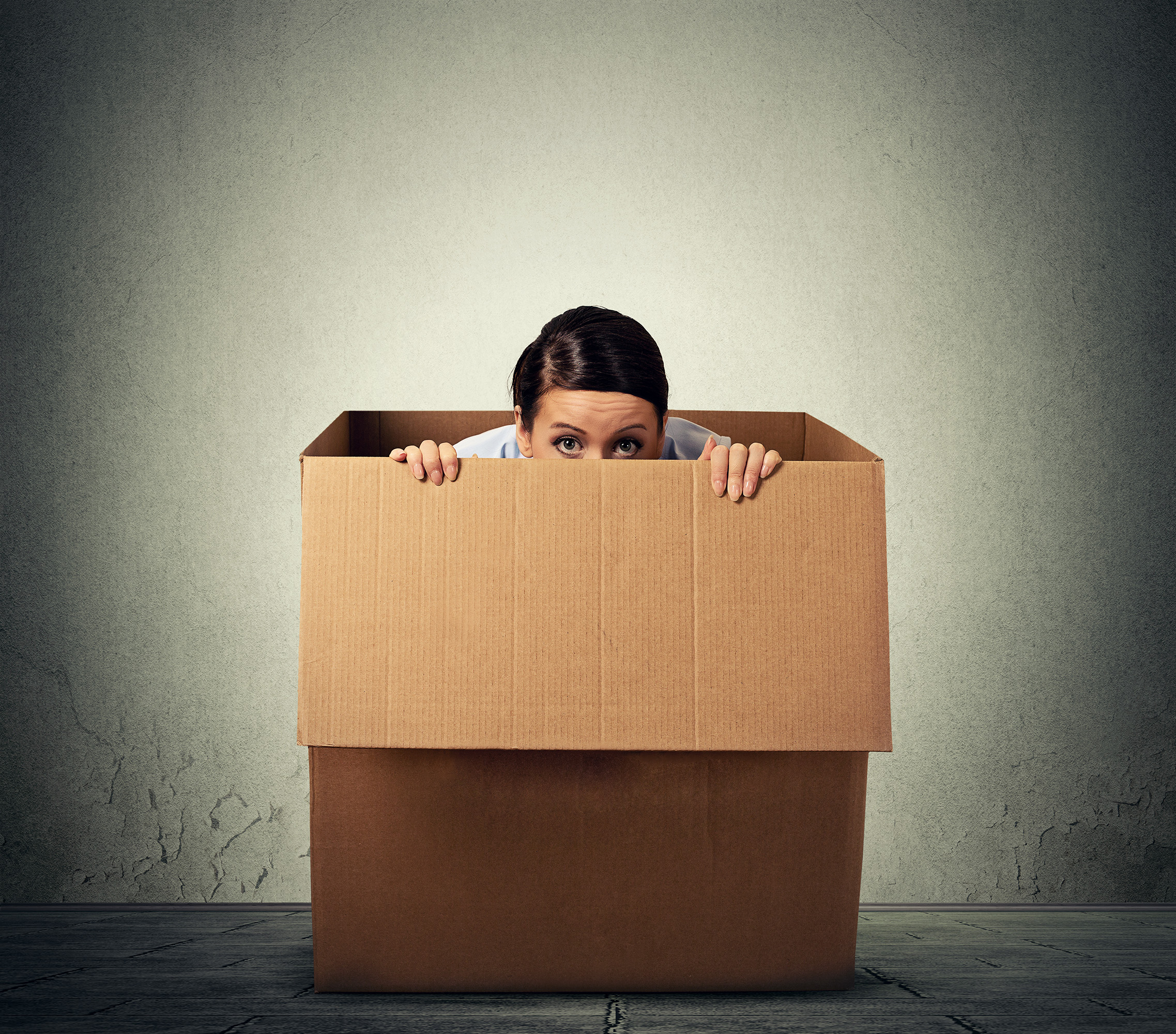 What is a panic attack?
What is a panic attack? A panic attack is when you feel overwhelmed by the physical and mental feelings of fear – the signs listed under ‘What do fear and anxiety feel like?’ People who have panic attacks say that they find it hard to breathe, and they may worry that they’re having a heart attack or are going to lose control of their body. See the ‘Support and information’ section at the end of this booklet if you want help with panic attacks.
 What is a phobia?
What is a phobia? A phobia is an extreme fear of a particular animal, thing, place or situation. People with phobias have an overwhelming need to avoid any contact with the specific cause of the anxiety or fear. The thought of coming into contact with the cause of the phobia makes you anxious or panicky.
How do I know if I need help?
Fear and anxiety can affect all of us every now and then. It is only when it is severe and long-lasting that doctors class it as a mental health problem. If you feel anxious all the time for several weeks, or if it feels like your fears are taking over your life, then it’s a good idea to ask your doctor for help, or try one of the websites or numbers listed at the back of this booklet. The same is true if a phobia is causing problems in your daily life, or if you are experiencing panic attacks.
How can I help myself?
 *Face your fear if you can
*Face your fear if you can If you always avoid situations that scare you, you might stop doing things you want or need to do. You won’t be able to test out whether the situation is always as bad as you expect, so you miss the chance to work out how to manage your fears and reduce your anxiety. Anxiety problems tend to increase if you get into this pattern. Exposing yourself to your fears can be an effective way of overcoming this anxiety.
*Know yourself
Try to learn more about your fear or anxiety. Keep an anxiety diary or thought record to note down when it happens and what happens. You can try setting yourself small, achievable goals for facing your fears. You could carry with you a list of things that help at times when you are likely to be become frightened or anxious. This can be an effective way of addressing the underlying beliefs that are behind your anxiety.
Exercise
Increase the amount of exercise you do. Exercise requires some concentration, and this can take your mind off your fear and anxiety.
Relax
Learning relaxation techniques can help you with the mental and physical feelings of fear. It can help just to drop your shoulders and breathe deeply. Or imagine yourself in a relaxing place. You could also try learning things like yoga, meditation, massage, or listen to the Mental Health Foundation’s wellbeing podcasts at: www.mentalhealth.org.uk/ help/podcasts.
Healthy eating
Eat lots of fruit and vegetables, and try to avoid too much sugar. Resulting dips in your blood sugar can give you anxious feelings. Try to avoid drinking too much tea and coffee, as caffeine can increase anxiety levels.
Avoid alcohol, or drink in moderation
It’s very common for people to drink when they feel nervous. Some people call alcohol ‘Dutch courage’, but the after-effects of alcohol can make you feel even more afraid or anxious.
Complementary therapies
Some people find that complementary therapies or exercises, such as relaxation techniques, meditation, yoga, or t’ai chi, help them to deal with their anxiety.
Faith/spirituality
If you are religious or spiritual, this can give you a way of feeling connected to something bigger than yourself. Faith can provide a way of coping with everyday stress, and attending church and other faith groups can connect you with a valuable support network.




EmoticonEmoticon